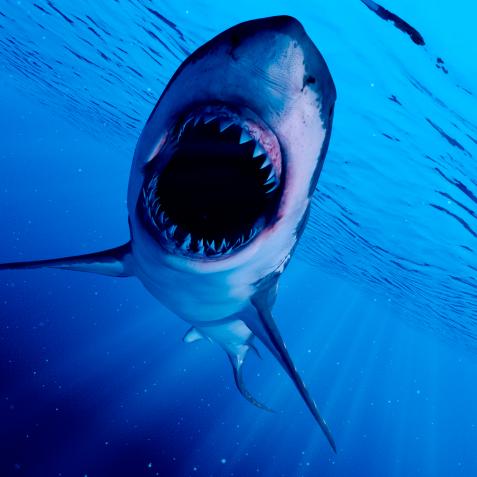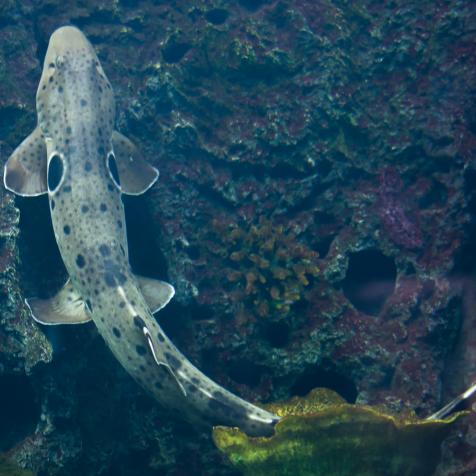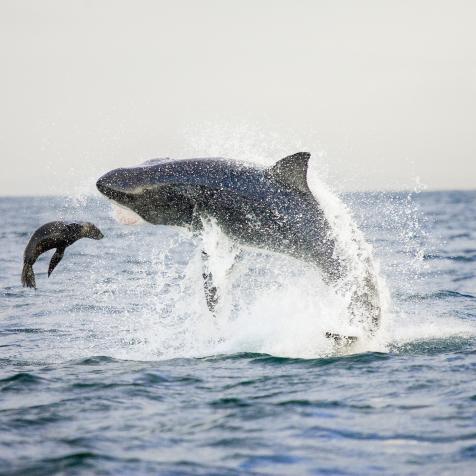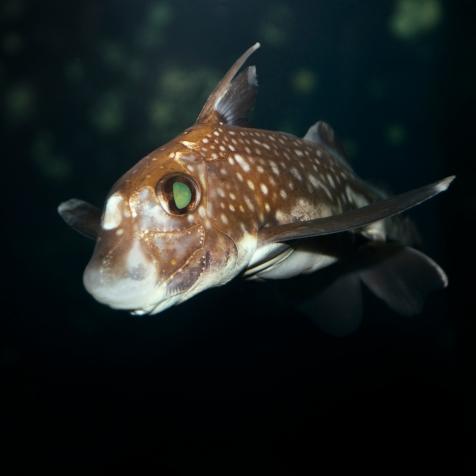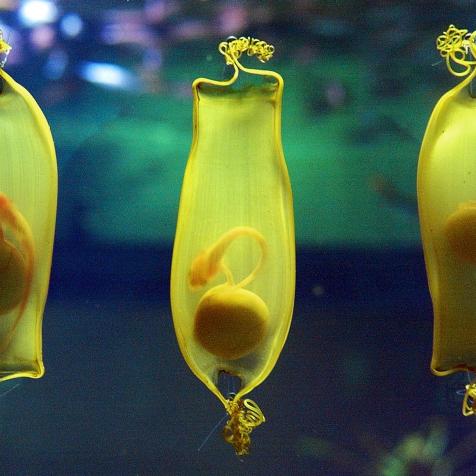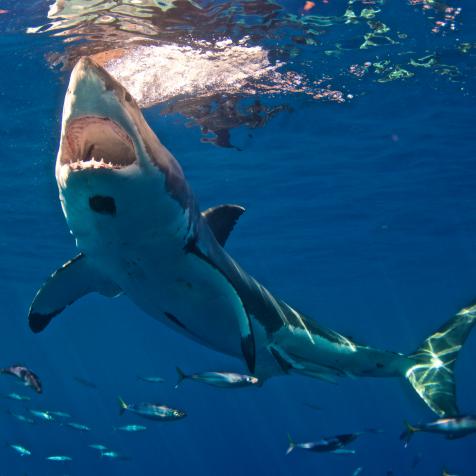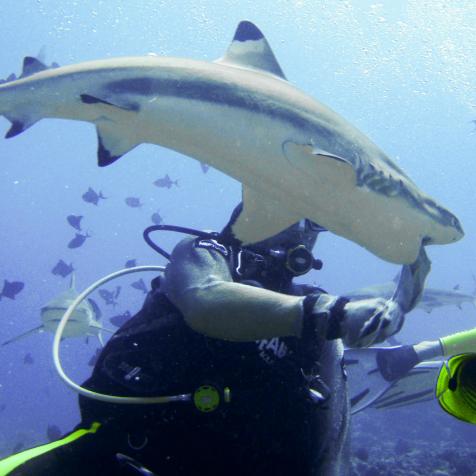
Credit: Warpaintcobra / Getty
Did Great White Sharks Cause the Megalodon’s Extinction?
The megalodon was the biggest shark to have ever lived, at around 18 meters in length - times the size of the largest recorded great white shark. How they went extinct has been a mystery, up until now.
Megatooth sharks, or the megalodon, roamed oceans around the globe between 23 and 3.6 years ago but what cause their extinction is somewhat of a mystery. This ancient apex predator had gigantic 18-centimeter teeth, which they used to eat larger prey like whales, dolphins, and even other sharks.

Credit: Igor Kovalchuk / Getty
Jaws of Carcharodon Megalodon
Scientist Max Planck and his team at Institute for Evolutionary Anthropology in Leipzig, Germany have developed a new method to understand the diet of the Otodus megalodon. Using zinc isotope composition of the mineralized sections of fossilized teeth has provided new clues as to the megalodon's fate.
The team compared the zinc isotope ratios in fossil and modern shark teeth from around the world, including an analysis of megalodon and both modern and fossil teeth of great white sharks. According to the analysis, megalodon and great white shark species very likely ate the same prey. Eating a similar diet would have created fierce competition between the two species for food, with great whites literally eating the megalodon's lunch, thereby driving them to extinction.

Credit: Racksuz / Getty
3D rendering of the extinct megalodon
More research using zinc isotopes to investigate the lives and diets of extinct animals could bring even more fascinating revelations about our own human ancestors.








